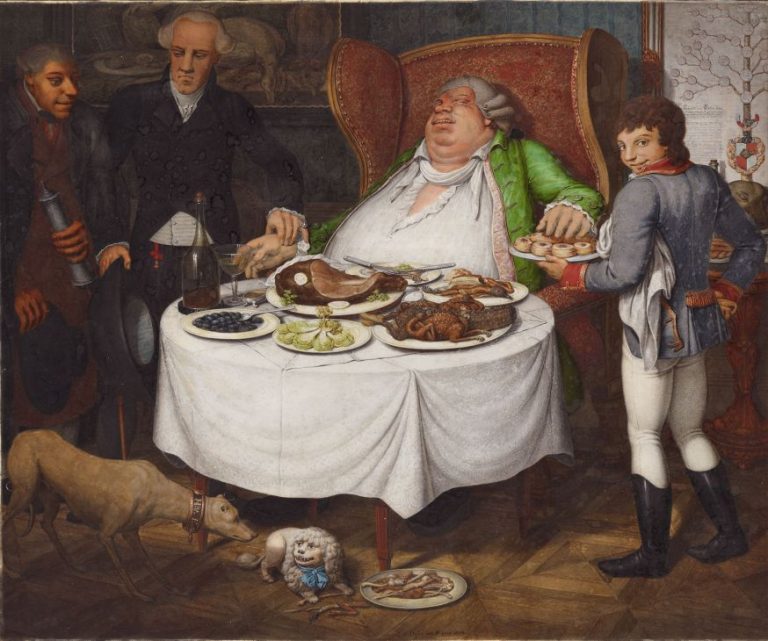We can picture someone downloading a virus onto the internet where it makes its way into computers and causes them to malfunction. We can, with equal ease, imagine the virus sending out spiritual viruses to lead us into sin.
People tend to repeat sins, or want to do so. We each have recurring temptations that encourage us to think about doing bad things. That is the “first stage” of sin, and the time when we can best avoid it. Generally, each of us has sins with which we’ve become comfortable. They reappear in our minds, in the form of thoughts and desires, with disconcerting frequency.
When we give in to those temptations enough to turn them into words, and find ourselves talking about them, the sin has grown into a position that may take it past our inward ability to control it.
On the other hand, when preparing for Confession, we are required to talk about our sins. We have to spend some time considering them, considering what The Loving Programmer thinks of them, and what the results of those sins will be. So, we do have to think about what is tempting us, consider the ramifications of giving into the temptation, reflect upon how offensive it is to The Loving Programmer, and that approach to sin helps us resist it, at least until it reappears.
The sins that we’ve given into in the past are frequent visitors, both in thoughts, wishes, and dreams. Hopefully, we will never allow them to control our words or deeds.
Thinking about sin shows us how often temptations come to us. We spend our lives like fish, swimming among baited hooks. One to avoid the gaff is to keep our mouths shut.







